Data
Chilling effects hinder openness in Germany
The last couple of months I’ve been doing some comparative studies of how the open data cause is advancing in the rest of Europe and I’m finding that there is still a lot of work to be done. Yesterday night I caught this off of Netzpolitik about the project Open Köln being hit by cease-and-decist letters with fines attached for copyright infringement.
What has happened? In German:
Im November 2007 hat ein Mitglied der Bezirksvertretung Köln-Chorweiler im Ratsinformationssystem (RIS) der Stadt Köln einen Antrag erstellt.
Diesem Antrag hat er zwei Dateianhänge hinzugefügt. Zum einen das Antragsdokument als PDF-Datei.
Der zweite Anhang ist eine PDF-Datei der Druckversion eines Kartenausschnitts von stadtplan.koeln.de, darin ist eine Adresse durch Umkreisung hervorgehoben. Damit möchte der Antragsteller offensichtlich mitteilen, an welcher Stelle sich ein Grundstück, um das es in dem Antrag geht, befindet.
Dieses Dokument war vier Jahre lang online für jedermann abrufbar, der es im RIS gefunden hat.
Dann kam ich und habe dieses Dokument, zusammen mit über 20.000 anderen, auf den Server offeneskoeln.de kopiert, wo es etwa seit Ende Januar 2012, also seit etwa einem Monat, liegt und weiterhin öffentlich zugänglich ist.
—Abhamnung und Selbstsensur
So translated for general clarification:
- Somebody in Köln-Chorweiler added a proposal to the Council Information System (RIS).
- To this proposal were attached several PDF documents. One of these documents contained a print of a city map from stadtplan.koeln.de with a certain address circled to clarify a point in the proposal.
- These documents were online in the RIS for many years.
- Then that document together with 20’000 other ones was copied to the server of Open Köln where it was made available and search-machine indexable for the general public.
This kind of copyright terrorism isn’t new in Germany but that it is still an active practice has a great many consequences for the openness movement here. When you are dealing with tens of thousands of human created documents as we will more and more, it is virtually impossible to guarantee that there is not one copyright infringement in all of them.
The threat of these notices is a serious impediment to the openness movement here. Trying stuff out like we are used to, hacking, becomes prohibitively expensive if you can be hit with cease and desist notices and copyright bills at every step.
The chain of events and the placement of blame here is bizarre. The alleged copyright infringement was done by a totally different person than the person opening up the data at this point (Marian Steinbach). If you need full legal backing and institutional support before opening up any data in Germany, you might as well stop now. That initial infringement would be solved by a usable fair use clause in the copyright laws.
Furthermore sites such as YouTube can incorporate large amounts of user generated content without succumbing to copyright claims because of safe harbor provisions that exempt the hosting party from such claims. It is in fact the only way to be able to run operations at this scale.
But ultimately these provisions are no use at all if the judicial system that this takes place in is not sane. This may be a symptom of the entire copyright debate in Germany being held hostage by a still lively old world content industry, but I cannot believe that courts in Germany would have nothing better to do than prosecute claims in the several hundred euros. Everybody has a right to due process, but priorities have to be made to keep a system running and this should not be one of them.

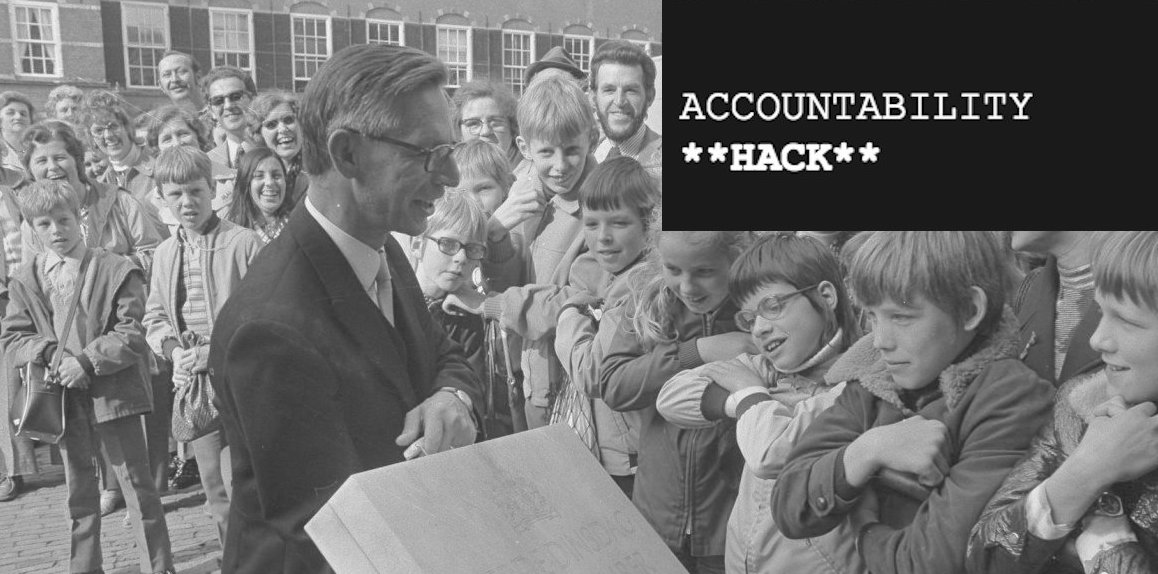

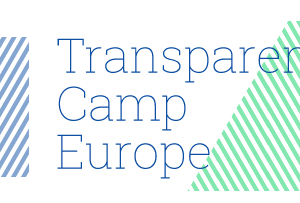

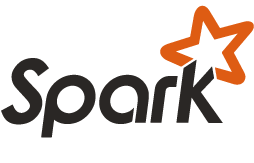
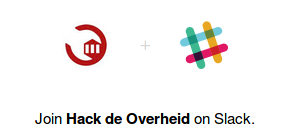
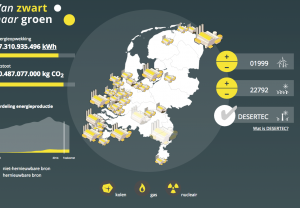
![Stadtplan Stadt Köln und Umgebung [koeln.de], interaktiv mit Hausnummern- und Umkreissuche und vielen weiteren Features](https://farm8.staticflickr.com/7176/6791767310_32fcb182a2.jpg)